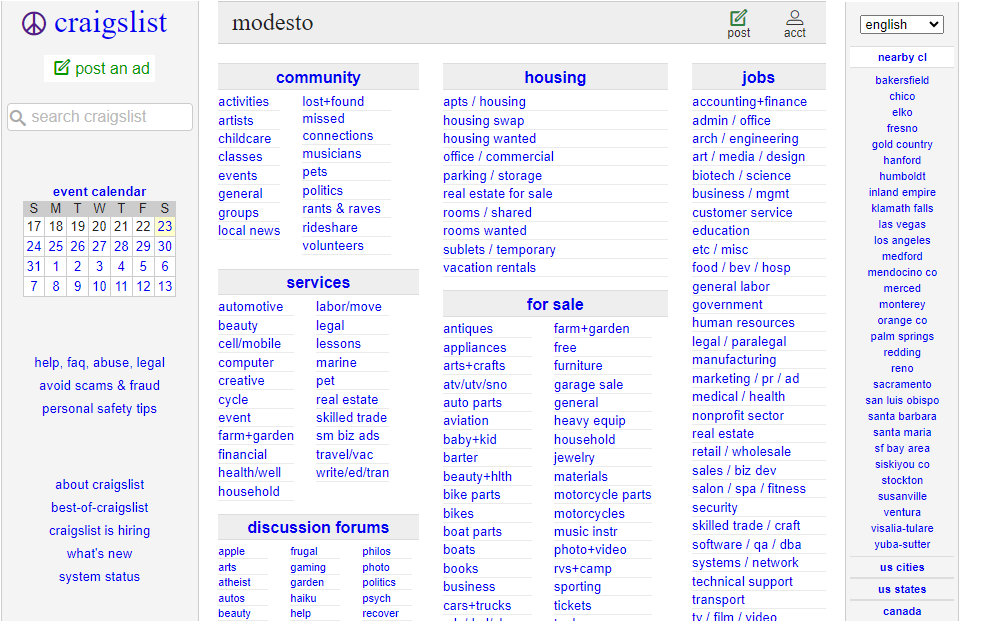In today’s digital age, businesses constantly search for innovative ways to enhance customer engagement, streamline processes, and boost their marketing efforts. One powerful tool that has gained significant popularity is QR codes. This article will explore why incorporating QR codes into your business strategy can be a game-changer, enabling you to connect with customers, improve efficiency, and explore new opportunities. We will also address common QR code scams and provide tips to protect your business. So, let’s dive in!
In the era of smartphones and instant connectivity, QR codes have emerged as a versatile and effective solution for bridging the gap between the physical and digital worlds. QR codes, short for Quick Response codes, are matrix barcodes scanned by smartphones or other devices equipped with QR code readers. They store various types of information, such as URLs, text, contact details, or even multimedia content. Their ease of use and wide range of applications make them an invaluable tool for businesses of all sizes.
What are QR Codes?
QR codes are two-dimensional barcodes with black modules arranged on a white background. They were first developed by Denso Wave, a subsidiary of Toyota, in 1994 to track vehicles during the manufacturing process. Since then, QR codes have evolved into a versatile tool used across industries for marketing, information sharing, and transactional purposes. ExpressVPN’s QR code study revealed that the usage of QR codes has increased by 26% in the last two years, which shows how much people have embraced this technology.
Benefits of QR Codes
Enhancing Customer Experience
QR codes can significantly enhance the overall customer experience. By incorporating QR codes into your product packaging, signage, or promotional materials, you can provide customers instant access to additional information, interactive content, or exclusive offers. For example, a restaurant can include a QR code on their menu that, when scanned, directs customers to a video showcasing their chef’s culinary skills or offers a discount for their next visit.
Marketing and Promotions
QR codes offer businesses a powerful marketing tool to engage customers and drive conversions. You can track user interactions and gather valuable data by linking QR codes to landing pages or promotional campaigns. For instance, a clothing retailer can create QR codes that lead customers to a personalized webpage with recommended outfits, allowing them to make instant purchases and collect insights on customer preferences.
Contactless Payments
The COVID-19 pandemic has accelerated the adoption of contactless payment methods, and QR codes play a crucial role in enabling these transactions. By integrating QR code-based payment systems, businesses can offer customers a secure and convenient payment option. Whether a small coffee shop or a large retail chain, QR codes can simplify checkout, reducing friction and enhancing the overall shopping experience.
Tracking and Analytics
QR codes provide businesses with valuable insights into customer behavior and campaign effectiveness. You can track metrics such as scan rates, geographical data, and device types by utilizing dynamic QR codes, which can be modified even after printing. This data allows businesses to optimize their marketing strategies, tailor offerings, and make data-driven decisions for future campaigns.
Increasing Efficiency
QR codes can streamline various business processes, increasing efficiency and productivity. For example, scanning a QR code on a business card instead of manually entering contact details can instantly add the information to a smartphone’s address book. Similarly, in inventory management, QR codes can simplify the tracking and retrieval of products, reducing errors and saving time.
QR Code Scams
While QR codes offer numerous benefits, being aware of potential scams is essential. Scammers can exploit QR codes to deceive unsuspecting individuals and compromise their personal information or devices. Here are some common QR code scams to watch out for:
Malicious Code Injection: Scammers may create QR codes that, when scanned, direct users to websites or applications designed to inject malware onto their devices. This malware can collect sensitive information, such as login credentials or financial data, and cause significant harm.
Phishing Attacks: QR codes can redirect users to fraudulent websites that mimic legitimate platforms. These sites aim to trick users into revealing personal information, such as passwords or credit card details, by masquerading as trusted entities.
Fake Payment Requests: Scammers can create QR codes that prompt users to pay for illegitimate accounts or services. Unsuspecting users who scan these codes may unknowingly transfer funds to the scammers, resulting in financial loss.
Hidden URLs: QR codes can mask the true destination of a link, making it difficult to identify potential threats. Scammers may leverage this to redirect users to malicious websites that appear harmless.
Counterfeit Products: In product packaging, scammers can replace legitimate QR codes with their codes. These counterfeit codes may lead consumers to substandard or counterfeit products, causing reputational damage to businesses.
Protecting Your Business
To safeguard your business and customers from QR code scams, it’s crucial to implement best practices:
Educate Employees and Customers: Raise awareness about QR code scams among your employees and customers. Guide how to identify suspicious QR codes and emphasize the importance of caution when scanning them.
Verify the Source: Only scan QR codes from trusted sources. Be cautious of codes found in public spaces or received from unfamiliar sources, as they may be compromised.
Inspect QR Codes: Before scanning a QR code, examine it for any signs of tampering or alteration. Check for any unusual characters or pixelation that might indicate a fake code.
Use QR Code Scanning Apps: Utilize reputable QR code scanning apps from trusted sources. These apps often have built-in security features to detect and warn against scams.
Stay Updated: Regularly update your scanning app and smartphone’s operating system to benefit from the latest security patches and enhancements.
Best Practices
To maximize the benefits of QR codes for your business while ensuring a positive user experience, consider the following best practices:
Placement and Visibility: Position QR codes in visible and accessible locations. Ensure they are large enough to be easily scanned and avoid obstructing essential information.
Clarity and Call-to-Action: Provide clear instructions on what users can expect when scanning the QR code. Include a compelling call to action to encourage engagement.
Mobile Optimization: Ensure the landing pages or content accessed through QR codes are mobile-friendly and optimized for a seamless user experience across various devices.
Testing and Analytics: Test QR codes across different devices and scan apps to ensure compatibility. Utilize analytics tools to track user interactions and measure the effectiveness of your QR code campaigns.
QR Code Design: Design visually appealing QR codes that align with your brand identity. Consider incorporating your logo or using customized colors to make them more visually engaging.
Conclusion
QR codes offer businesses a versatile and powerful tool to enhance customer experience, streamline operations, and boost marketing efforts. By incorporating QR codes into your business strategy, you can unlock new opportunities for engagement, improve efficiency, and track valuable data. However, it’s crucial to remain vigilant against QR code scams and implement best practices to protect your business and customers. By educating yourself and others about common QR code scams, verifying the source of QR codes, and utilizing secure scanning apps, you can mitigate the risks associated with QR codes.
Remember to stay updated with the latest security measures, inspect QR codes for signs of tampering, and promote awareness among your employees and customers. By following these guidelines, you can harness the power of QR codes while safeguarding your business and maintaining a secure environment for your customers.







Add Comment